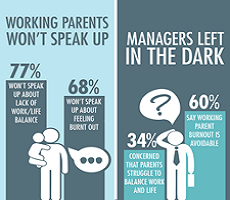October 21, 2015
Small businesses vital for cities, but London SMEs struggle with property costs 0
 Two new surveys demonstrate that while small firms in creative sectors are essential for the economic success of the UK’s cities, many small businesses are struggling to find appropriate and well-priced office space in London and are now calling on the incoming new Mayor of London to address the issue as a matter of urgency. While a report from the Centre for Cities shows how small businesses in the creative, professional and digital sectors drive job growth, productivity and average wages in ten key UK cities, the study by the Federation of Small Businesses claims that the cost of commercial property remains one of the most pressing concerns for many SMEs based in London. The FSB study also found that the cost of living in London was also a concern for small employers in the capital, with many claiming it makes it incredibly hard to attract and retain employees.
Two new surveys demonstrate that while small firms in creative sectors are essential for the economic success of the UK’s cities, many small businesses are struggling to find appropriate and well-priced office space in London and are now calling on the incoming new Mayor of London to address the issue as a matter of urgency. While a report from the Centre for Cities shows how small businesses in the creative, professional and digital sectors drive job growth, productivity and average wages in ten key UK cities, the study by the Federation of Small Businesses claims that the cost of commercial property remains one of the most pressing concerns for many SMEs based in London. The FSB study also found that the cost of living in London was also a concern for small employers in the capital, with many claiming it makes it incredibly hard to attract and retain employees.
























 Investment in
Investment in 










October 21, 2015
Far fewer working women than men receive an annual bonus 0
by Sara Bean • Comment, News, Workplace
Nearly three quarters of the UK’s working women don’t receive any form of annual bonus. Glassdoor’s latest UK Employment Confidence Survey found that only 29 percent of women at work receive a bonus, compared to 44 percent of men, which presumably is one reason why 44 percent of men remain positive about the outlook for their employer as opposed to just one in three women. The survey, which is carried out twice a year, also found that over the last six months, nearly half of all businesses in the UK that had made negative changes in the workplace (49 percent) had made employees redundant/and or communicated plans to implement further redundancies. The result is that nearly a third of employees (32 percent) are concerned that they will be made redundant over the next six months, up from 21 percent from the beginning of last year.
(more…)